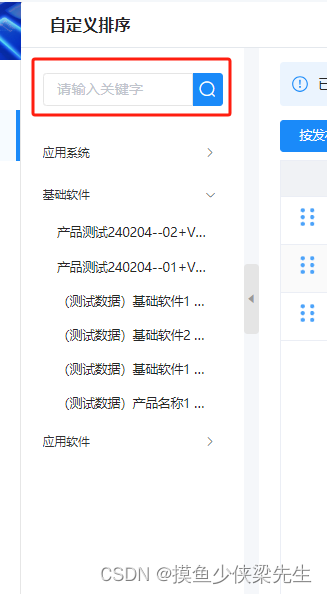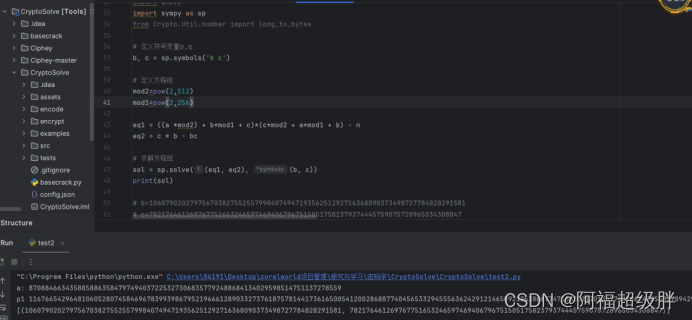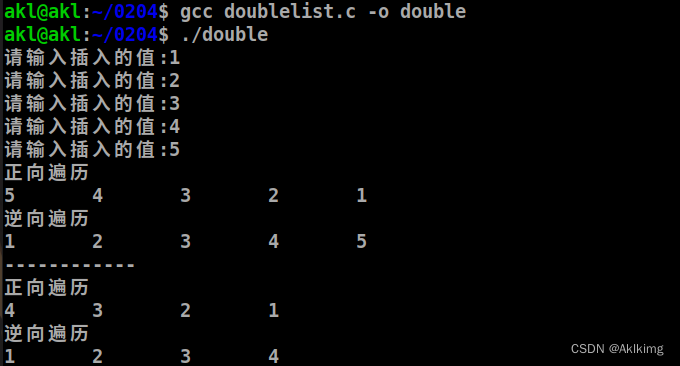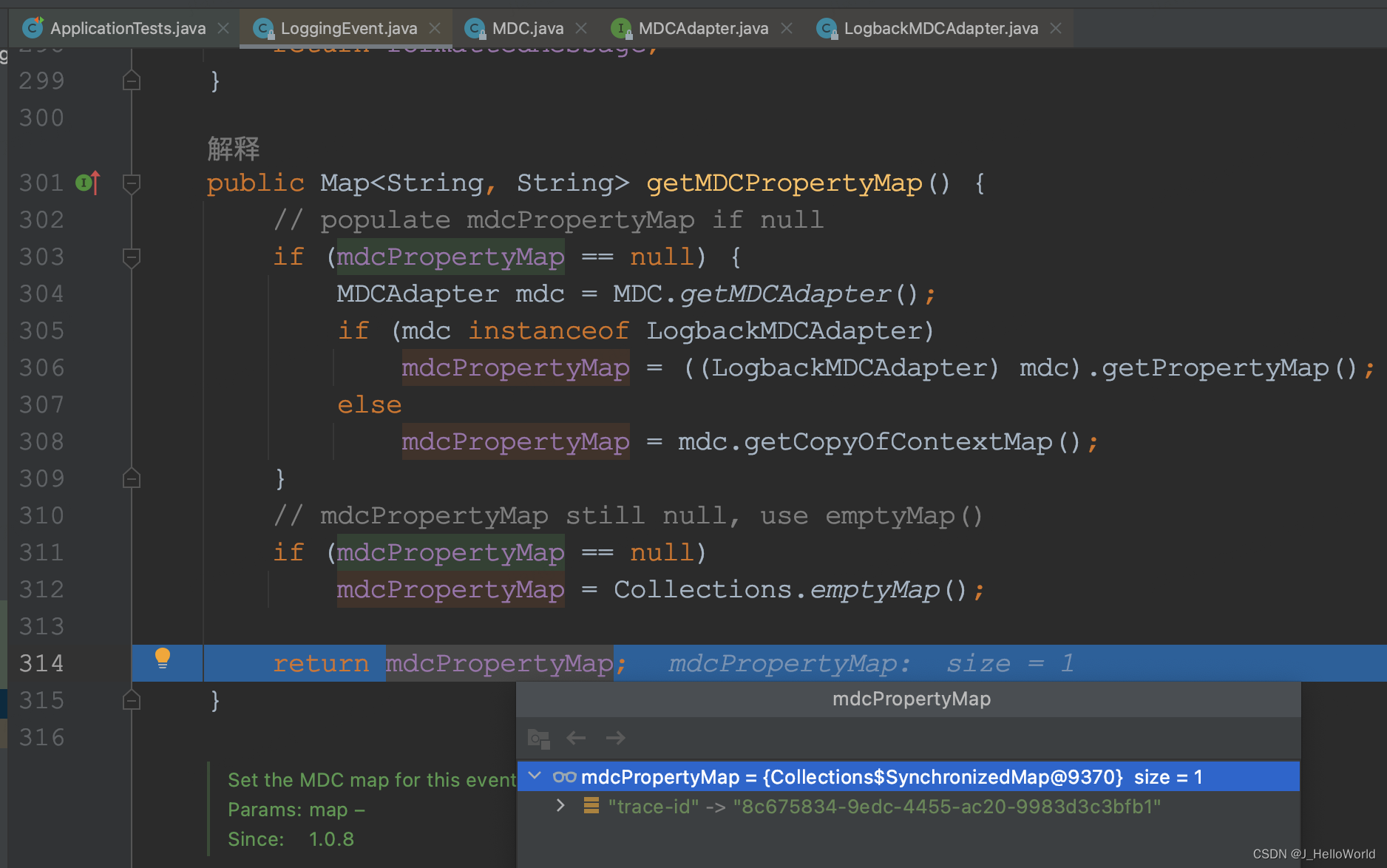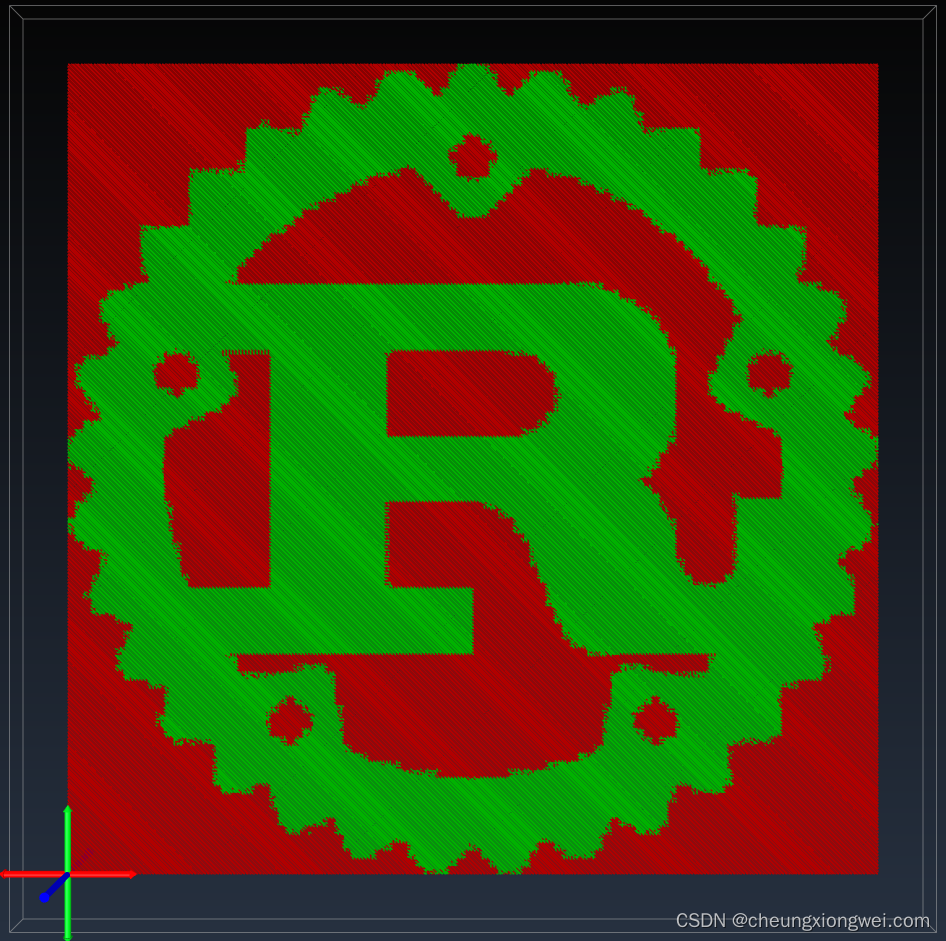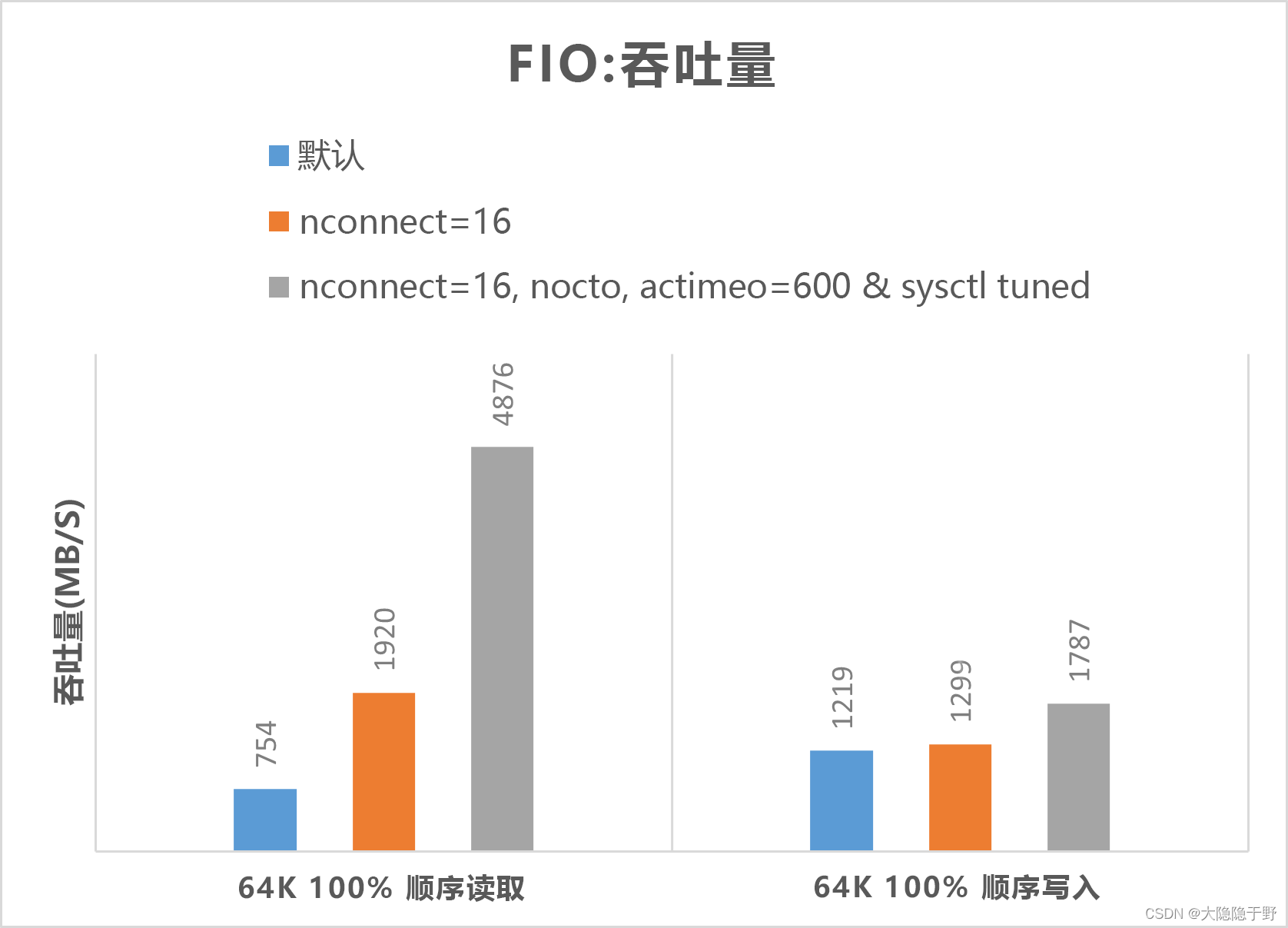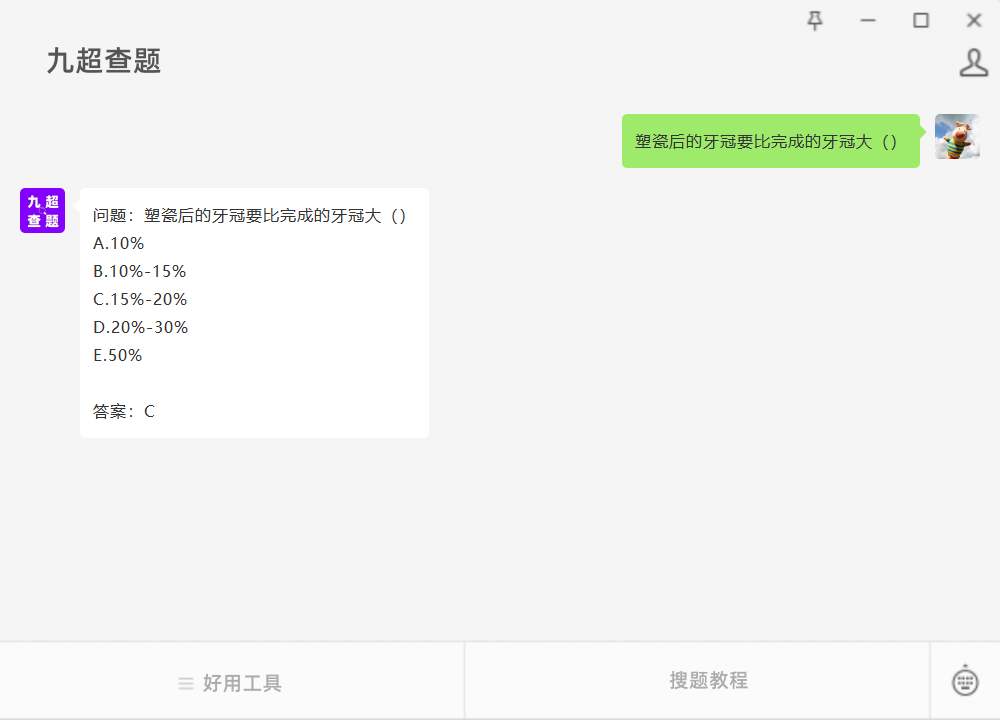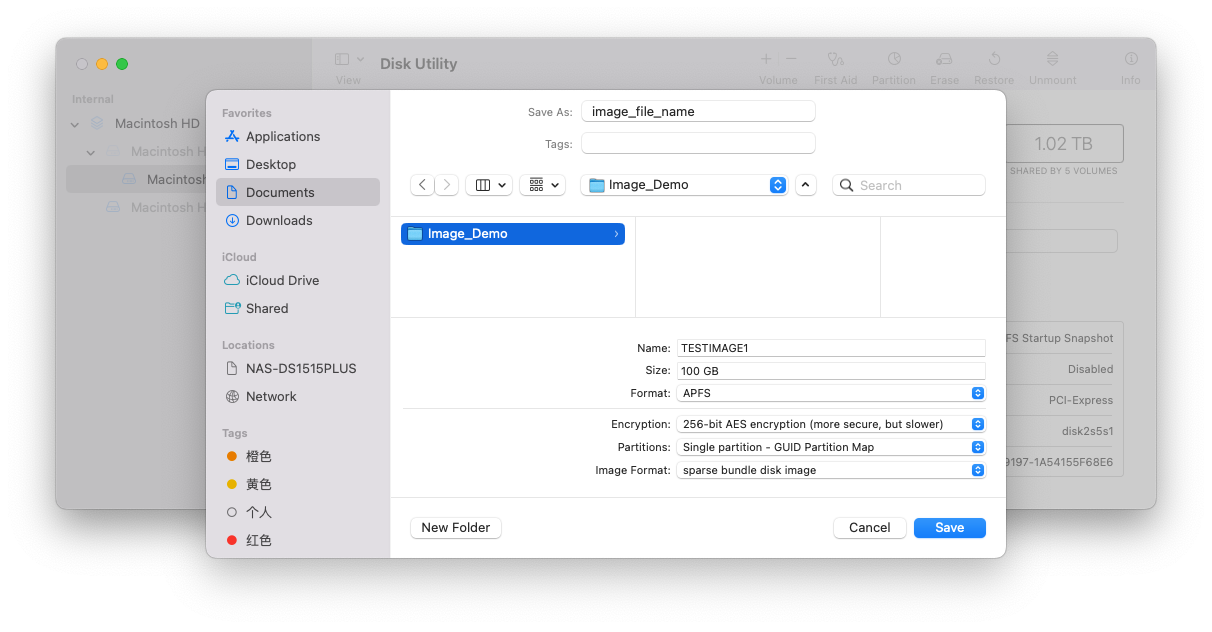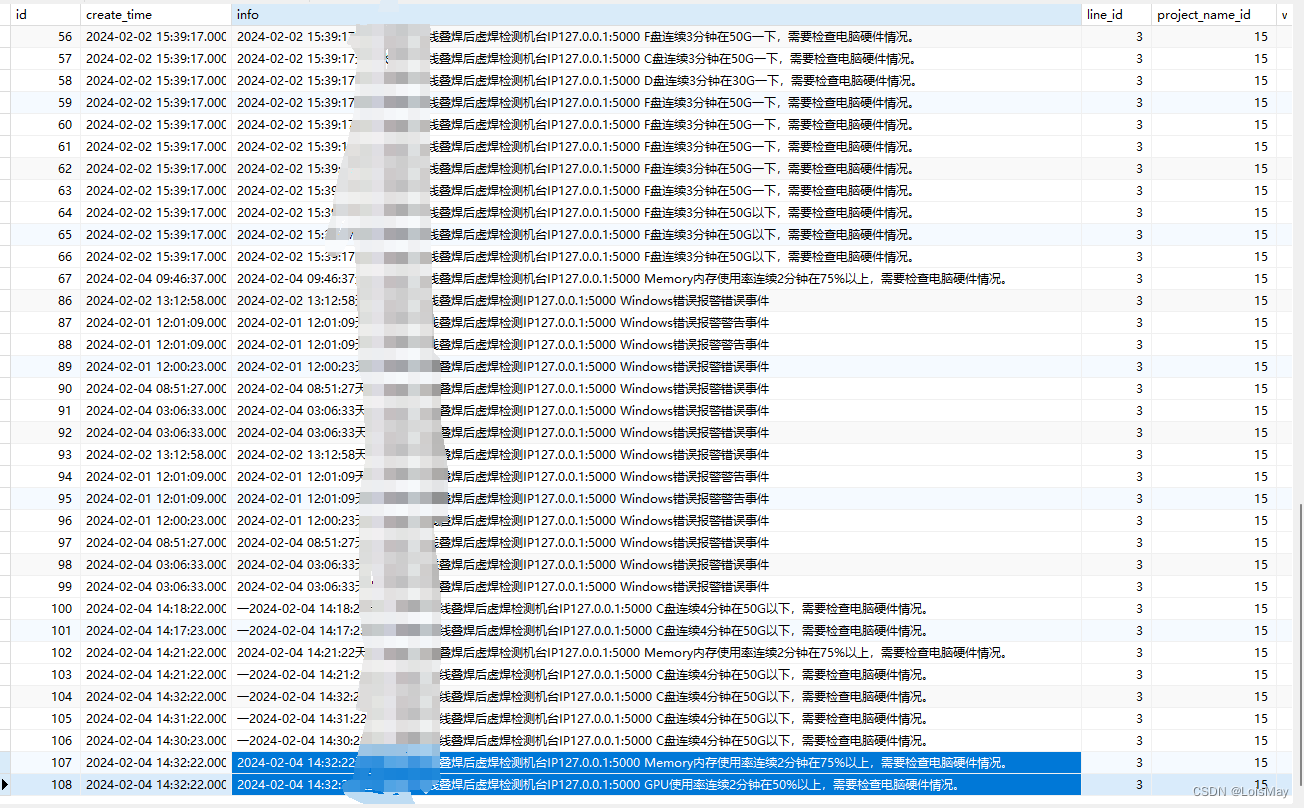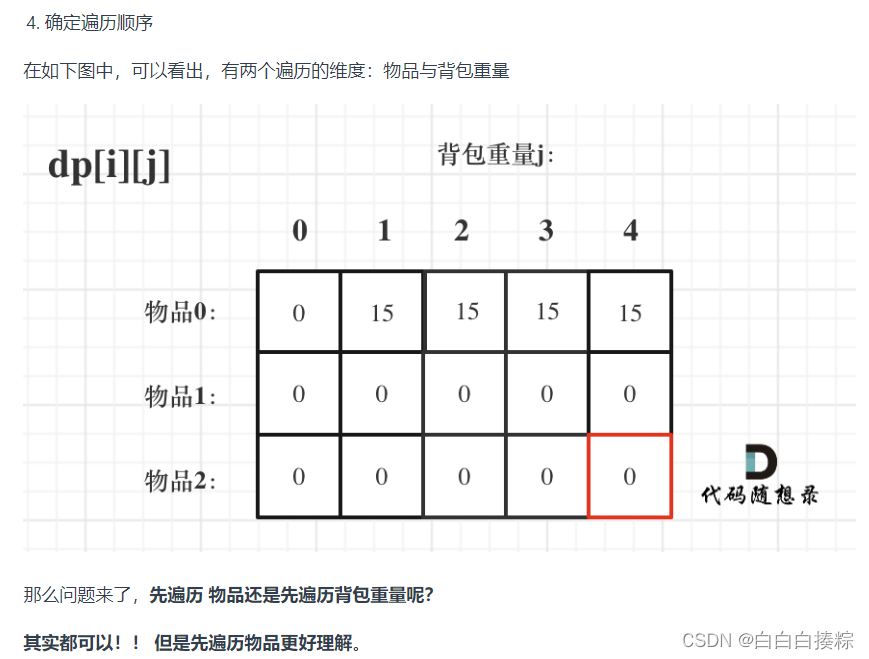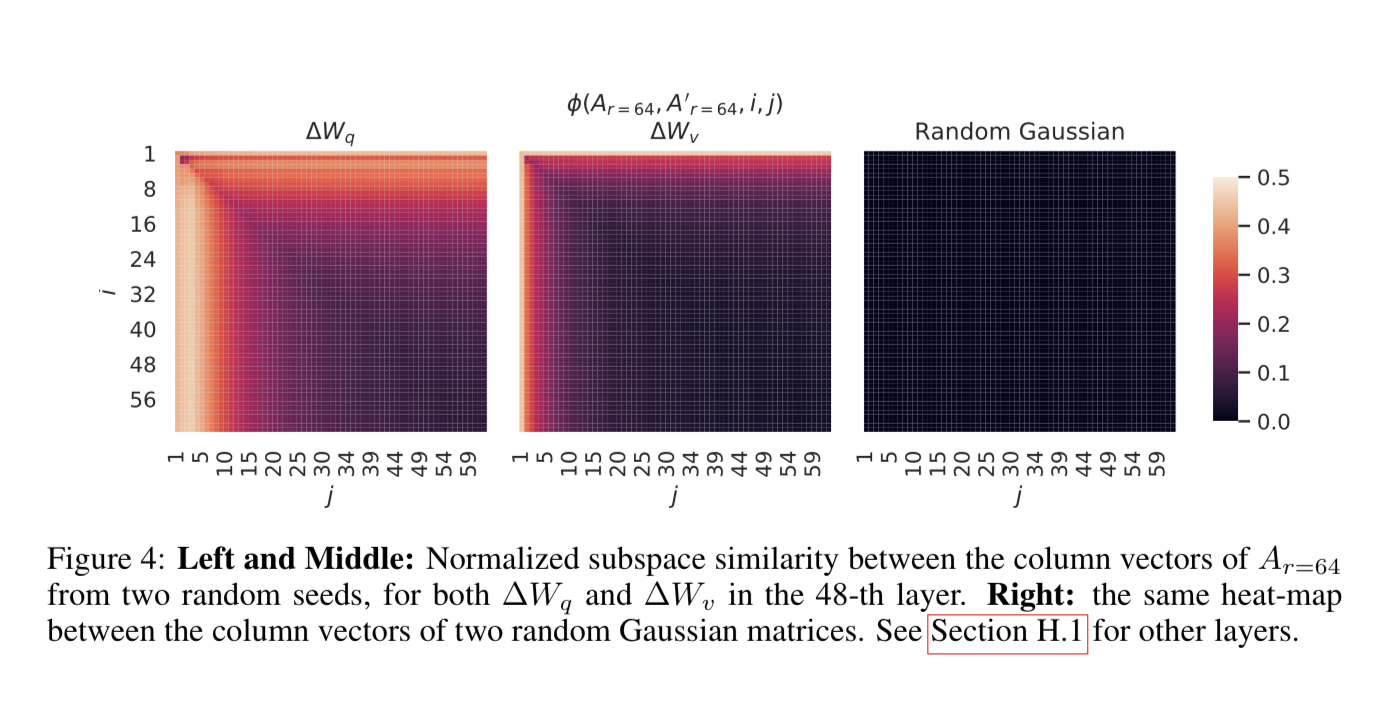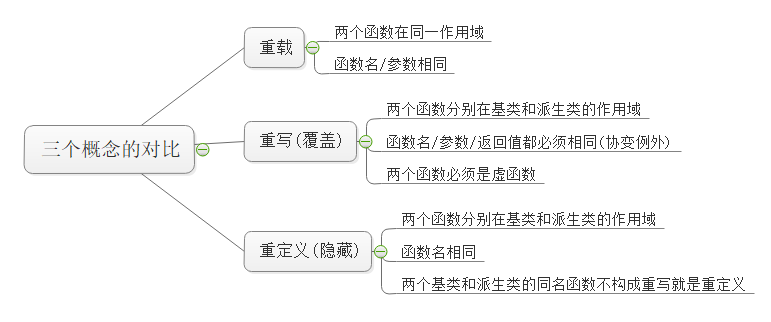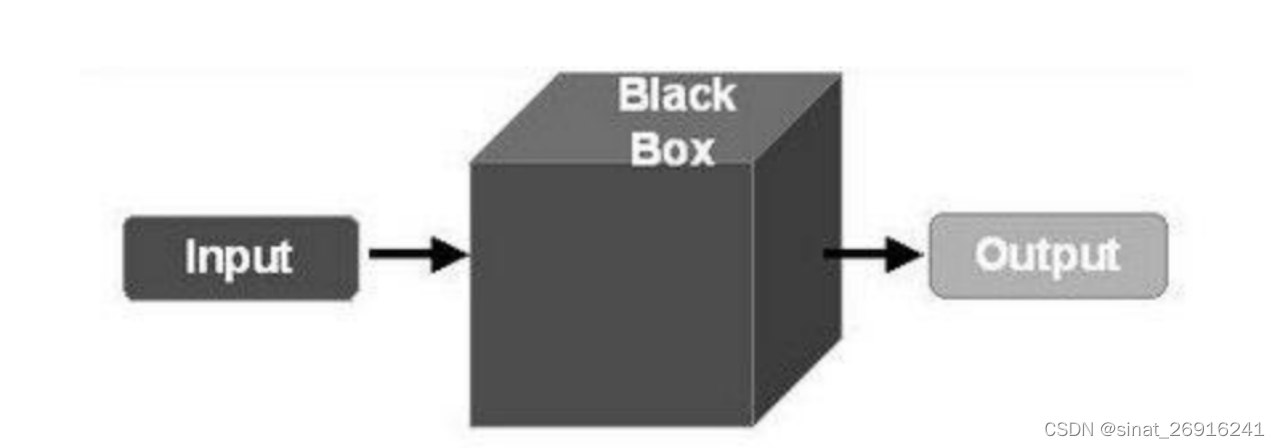Express—Node.js
官网传送门(opens new window)
基于 Node.js 平台,快速、开放、极简的 Web 开发框架
Express 是用于快速创建服务器的第三方模块。
Express 初体验
基本使用
安装 Express:
npm install express
创建服务器,监听客户端请求,并返回内容:
const express = require('express')
// 创建 web 服务器
const app = express()
// 监听客户端的 GET 和 POST 请求,并向客户端响应具体的内容
app.get('/user', (req, res) => {
res.send({ name: 'zs', age: 20, gender: '男' })
})
app.post('/user', (req, res) => {
res.send('请求成功')
})
app.get('/', (req, res) => {
// 通过 req.query 可以获取到客户端发送过来的查询参数
console.log(req.query)
res.send(req.query)
})
// 这里的 :id 是一个动态的参数
app.get('/user/:ids/:username', (req, res) => {
// req.params 是动态匹配到的 URL 参数,默认是一个空对象
console.log(req.params)
res.send(req.params)
})
app.listen(80, () => {
console.log('express server running at http://127.0.0.1')
})
托管静态资源
- 通过
express.static()方法可创建静态资源服务器,向外开放访问静态资源。 - Express 在指定的静态目录中查找文件,并对外提供资源的访问路径,存放静态文件的目录名不会出现在 URL 中
- 访问静态资源时,会根据托管顺序查找文件
- 可为静态资源访问路径添加前缀
app.use(express.static('public'))
app.use(express.static('files'))
app.use('/bruce', express.static('bruce'))
/*
可直接访问 public, files 目录下的静态资源
http://localhost:3000/images/bg.jpg
http://localhost:3000/css/style.css
http://localhost:3000/js/login.js
通过带有 /bruce 前缀的地址访问 bruce 目录下的文件
http://localhost:8080/bruce/images/logo.png
*/
Express 路由
创建路由模块:
// router.js
const express = require('express')
// 创建路由对象
const router = express.Router()
// 挂载具体路由
router.get('/user/list', (req, res) => {
res.send('Get user list.')
})
router.post('/user/add', (req, res) => {
res.send('Add new user.')
})
// 向外导出路由对象
module.exports = router
注册路由模块:
const express = require('express')
const router = require('./router')
const app = express()
// 注册路由模块,添加访问前缀
app.use('/api', router)
app.listen(80, () => {
console.log('http://127.0.0.1')
})
Express 中间件
- 中间件是指流程的中间处理环节
- 服务器收到请求后,可先调用中间件进行预处理
- 中间件是一个函数,包含
req, res, next三个参数,next()参数把流转关系交给下一个中间件或路由
中间件的作用:
多个中间件之间,共享同一份req和res,基于这样的特性,我们可以在上游的中间件中,统一为req或res对象添加自定义属性或方法,供下游的中间件或路由进行使用
中间件注意事项;
- 在注册路由之前注册中间件(错误级别中间件除外)
- 中间件可连续调用多个
- 别忘记调用
next()函数 next()函数后别写代码- 多个中间件共享
req、res对象
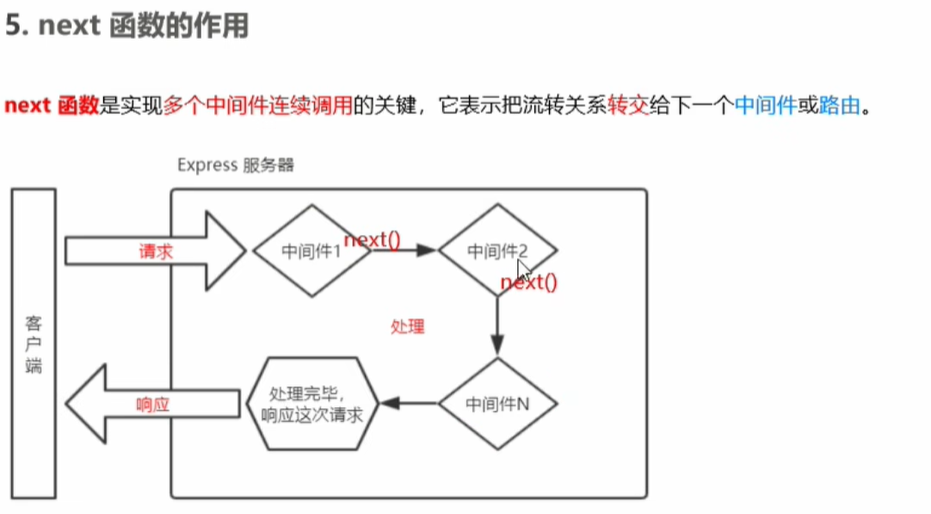
全局中间件
- 通过
app.use()定义的中间件为全局中间件 - 这时访问其他接口都会调用该中间件
- 定义多个全局中间件时,会按照编写顺序从前往后执行
const express = require('express')
const app = express()
// 定义第一个全局中间件
app.use((req, res, next) => {
console.log('调用了第1个全局中间件')
next()
})
// 定义第二个全局中间件
app.use((req, res, next) => {
console.log('调用了第2个全局中间件')
next()
})
app.get('/user', (req, res) => {
res.send('User page.')
})
app.listen(80, () => {
console.log('http://127.0.0.1')
})
局部中间件
const express = require('express')
const app = express()
// 定义中间件函数
const mw1 = (req, res, next) => {
console.log('调用了第一个局部生效的中间件')
next()
}
const mw2 = (req, res, next) => {
console.log('调用了第二个局部生效的中间件')
next()
}
// 两种定义局部中间件的方式
app.get('/hello', mw2, mw1, (req, res) => res.send('hello page.'))
app.get('/about', [mw1, mw2], (req, res) => res.send('about page.'))
app.get('/user', (req, res) => res.send('User page.'))
app.listen(80, function () {
console.log('Express server running at http://127.0.0.1')
})
中间件分类
1.应用级别的中间件
- 通过
app.use()或app.get()或app.post(),绑定到app实例上的中间件
2.路由级别的中间件
- 绑定到
express.Router()实例上的中间件,叫做路由级别的中间件。用法和应用级别中间件没有区别。应用级别中间件是绑定到app实例上,路由级别中间件绑定到router实例上。
const app = express()
const router = express.Router()
router.use(function (req, res, next) {
console.log(1)
next()
})
app.use('/' router)
3.错误级别的中间件
- 用来捕获整个项目中发生的异常错误,从而防止项目异常崩溃的问题
- 错误级别中间件的处理函数中,必须有 4 个形参,形参顺序从前到后分别是
(err, req, res, next)。 - 错误级别的中间件必须注册在所有路由之后
const express = require('express')
const app = express()
app.get('/', (req, res) => {
throw new Error('服务器内部发生了错误!')
res.send('Home page.')
})
// 定义错误级别的中间件,捕获整个项目的异常错误,从而防止程序的崩溃
app.use((err, req, res, next) => {
console.log('发生了错误!' + err.message)
res.send('Error:' + err.message)
})
app.listen(80, function () {
console.log('Express server running at http://127.0.0.1')
})
4.Express 内置中间件
自 Express 4.16.0 版本开始,Express 内置了 3 个常用的中间件,极大的提高了 Express 项目的开发效率和体验:
express.static快速托管静态资源的内置中间件,例如: HTML 文件、图片、CSS 样式等(无兼容性)express.json解析 JSON 格式的请求体数据(有兼容性,仅在 4.16.0+ 版本中可用)express.urlencoded解析 URL-encoded 格式的请求体数据(有兼容性,仅在 4.16.0+ 版本中可用)
app.use(express.json())
app.use(express.urlencoded({ extended: false }))
` 快速托管静态资源的内置中间件,例如: HTML 文件、图片、CSS 样式等(无兼容性)
- `express.json` 解析 JSON 格式的请求体数据(有兼容性,仅在 4.16.0+ 版本中可用)
- `express.urlencoded` 解析 URL-encoded 格式的请求体数据(有兼容性,仅在 4.16.0+ 版本中可用)
```js
app.use(express.json())
app.use(express.urlencoded({ extended: false }))
